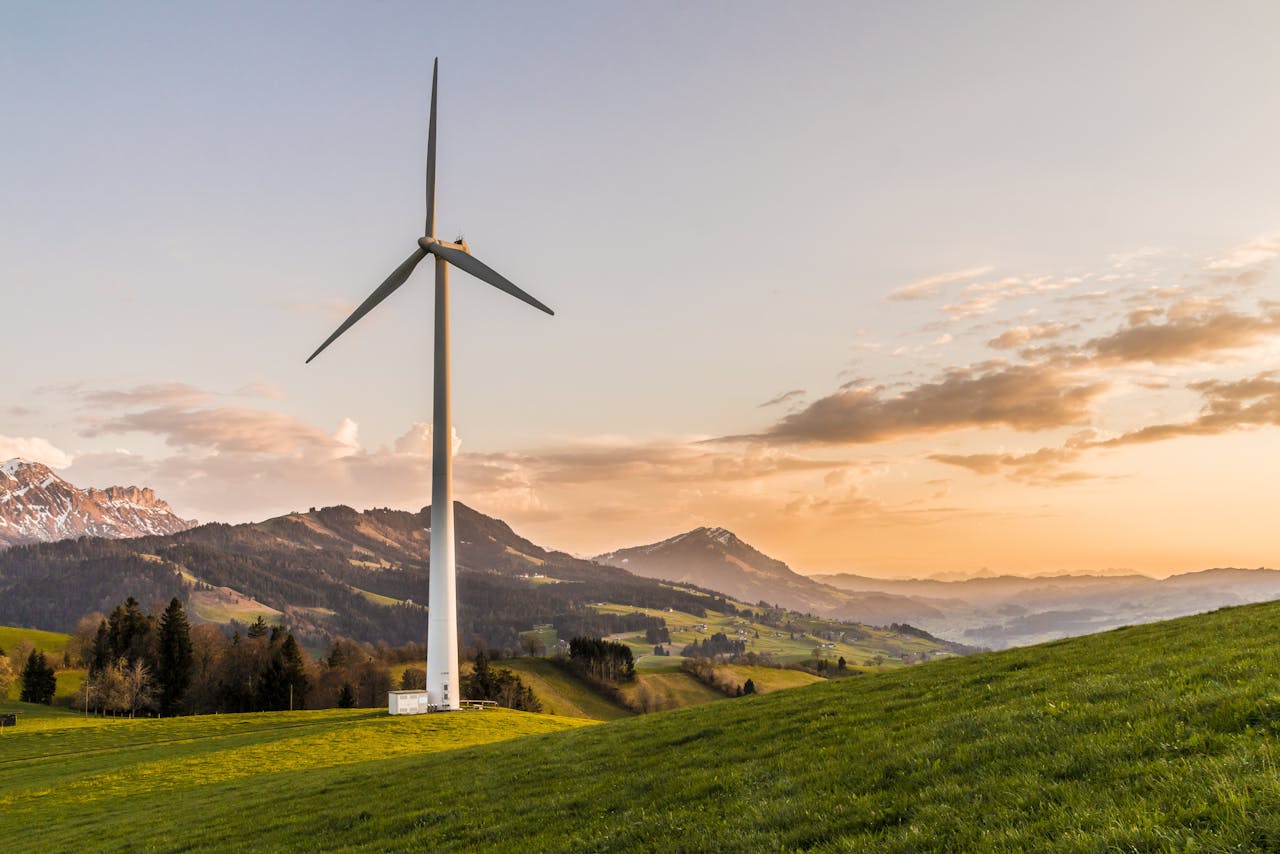Exploring the Economic Benefits of Investing in Renewable Energy Systems
The transition towards renewable energy sources has become a global imperative. With growing concerns over climate change and the depletion of fossil fuels, the focus is now on sustainable solutions that can power our economies without compromising the environment. Renewable energy systems, such as solar, wind, and hydropower, are at the forefront of this movement. Beyond their environmental advantages, these systems offer significant economic benefits that can drive future growth and prosperity. As nations and communities look to safeguard their energy futures, renewable energy emerges as an alternative and a necessary evolution in how we generate and consume power. This shift is more than just an environmental necessity; it is a strategic economic move that promises stability, growth, and global competitiveness in the energy markets of tomorrow.
Cost Savings and Economic Benefits of Renewable Energy Systems
One of the most compelling reasons for investing in renewable energy systems is the potential for long-term cost savings. Unlike traditional fossil fuels, renewable sources like solar and wind have minimal ongoing fuel costs. Once the infrastructure is in place, the operational expenses are considerably lower. This reduces energy bills for consumers and businesses and stabilizes energy prices, shielding economies from the volatile fluctuations associated with oil, gas, and coal. The financial predictability offered by renewable energy translates into a lower risk for investors and more stable long-term investments.
Furthermore, as the technology matures and scales up, economies of scale drive down costs, making renewables increasingly competitive with, and often cheaper than, traditional energy sources. Early adopters of renewable energy infrastructure can enjoy a competitive edge, cutting down on operational costs while supporting sustainable practices. This economic shift is especially relevant in regions with high energy import costs, where renewable energy can significantly reduce national expenditure on energy imports.
Job Creation and Economic Growth
Investments in renewable energy are significant catalysts for job creation. The industry spans various sectors, including manufacturing, construction, and maintenance. Solar panel installation, wind turbine manufacturing, and bioenergy production are just a few examples of areas where job opportunities are burgeoning. Moreover, these jobs are typically well-paying and contribute to local economies, promoting overall economic growth. This job creation spans multiple skill levels, from high-tech engineering positions to local installation jobs, broadening the economic benefits. The proliferation of renewable energy projects can rejuvenate local economies, especially in rural or underdeveloped areas, by providing stable employment and stimulating local businesses. This ripple effect extends to ancillary industries, including supply chain and logistics providers, who benefit from the increased activity in renewable energy sectors.
Government Incentives and Decreasing Technology Costs
Government policies and incentives play a vital role in accelerating renewable energy adoption. Subsidies, tax incentives, and grants make it more affordable for businesses and households to invest in renewable energy systems. Additionally, technological advancements have led to significant reductions in the costs of renewable energy infrastructure. For example, solar panels and wind turbines are now more efficient and cheaper to produce, making clean energy increasingly accessible. Feed-in tariffs and renewable energy certificates provide additional financial incentives for renewable energy production and consumption in many countries. Policies such as mandated renewable energy quotas or carbon pricing have further propelled the market dynamics favoring renewables. These financial mechanisms lower the barrier to entry, allowing a broader segment of the population to adopt renewable solutions and contribute to the green economy. Technological advancements, particularly in energy storage and grid integration, enhance efficiency and reliability, decreasing the total cost of ownership and maintenance. This trend is supported by innovative financing models, such as power purchase agreements (PPAs) and community solar programs, that make renewable energy projects more financially viable for a more comprehensive array of participants.
Environmental and Health Benefits
While the economic advantages of renewable energy are substantial, the environmental and health benefits further underscore its importance. Renewable energy systems significantly reduce greenhouse gas emissions, contributing to the fight against climate change. Cleaner air from reduced reliance on fossil fuels leads to better public health outcomes, lower healthcare costs, and improved quality of life for communities. According to the World Health Organization, air pollution is a significant health risk, causing respiratory and cardiovascular diseases. By lowering emissions, renewable energy can help mitigate these health issues, resulting in fewer hospital visits and reduced healthcare expenses.
Furthermore, renewable energy projects often have smaller environmental footprints than fossil fuel extraction and generation, leading to less habitat destruction and more sustainable land use. These broad environmental benefits create a positive feedback loop where better health outcomes lead to more productive communities, ultimately contributing to economic growth and stability. The synergy between ecological sustainability and financial benefits makes renewable energy a uniquely advantageous investment for both public and private sectors.
Conclusion
The economic benefits of investing in renewable energy systems are multifaceted. From long-term cost savings and job creation to the positive impacts of government incentives and technological advancements, the shift towards clean energy presents a viable path to sustainable economic growth. Additionally, the environmental and health benefits underscore the necessity of transitioning to renewable sources. By investing in renewable energy today, we pave the way for a prosperous and sustainable future for future generations. As the global community grapples with economic instability and environmental degradation, renewable energy stands out as a beacon of hope, offering practical solutions that support economic resilience and environmental stewardship. Therefore, embracing renewable energy is not just an option but a crucial step towards a sustainable and thriving future for all. Investing in renewable energy is a commitment to present and future generations and a strategic economic decision that promises significant returns regarding financial savings, job creation, and overall societal well-being. We are setting the stage for an economically and environmentally secure world by moving towards a renewable energy future.













Leave a Reply
Want to join the discussion?Feel free to contribute!